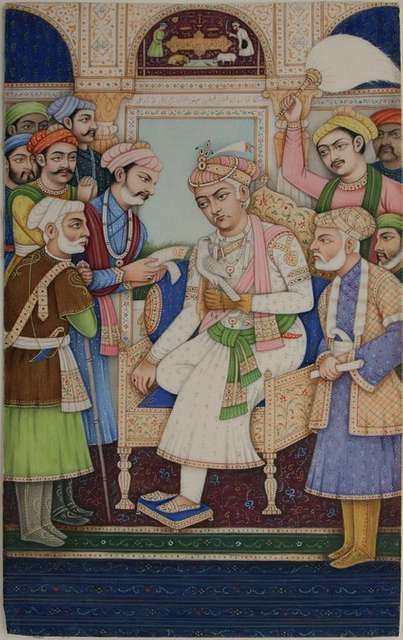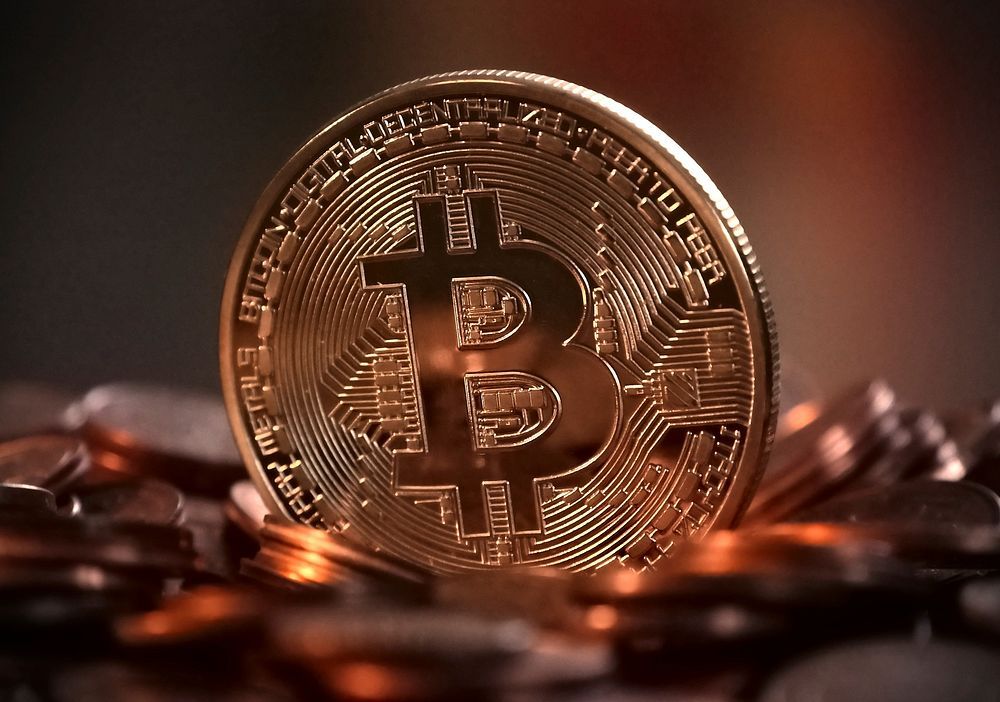The global importance of the Silk Road: An economic corridor connecting the world

The ancient Silk Road, a vast network of trade routes connecting East and West, transcended mere commerce. Its significance reverberates through history, culture, and civilization. Let us unravel the threads of this remarkable journey and explore why the Silk Road remains a beacon of global importance.
The Silk Road Unveiled
- Origins and Scope:
- Established around 130 B.C. during China’s Han Dynasty, the Silk Road spanned thousands of miles.
- It linked China and the Far East with the Middle East and Europe, fostering cultural exchange and economic prosperity.
- Silk and Beyond:
- While silk was a prized commodity, the Silk Road carried much more.
- Spices, precious metals, textiles, ceramics, and ideas flowed along its intricate paths.
Why the Silk Road Matters
- Cultural Exchange:
- Religion, art, philosophy, and science spread fluidly.
- Buddhism traveled from India to China, transforming both civilizations.
- Greek, Roman, Persian, and Indian influences merged, shaping new cultural landscapes.
- Innovations and Ideas:
- The Silk Road facilitated the exchange of knowledge.
- Papermaking, printing, the magnetic compass, and gunpowder reached the West.
- The Renaissance owes a debt to Silk Road transmissions.
- Multicultural Cities:
- Towns along the route grew into cosmopolitan hubs.
- Languages, cuisines, and customs blended, fostering tolerance and understanding.
- Technological Marvels:
- The Silk Road spurred innovations in navigation, cartography, and shipbuilding.
- Caravanserais, oases, and bridges facilitated safe travel.
Legacy and Lessons
- Resilience and Adaptation:
- Despite invasions, climate shifts, and political upheavals, the Silk Road endured.
- Its legacy teaches us to navigate change and embrace diversity.
- Globalization Before Globalization:
- The Silk Road foreshadowed today’s interconnected world.
- It laid the groundwork for modern trade, diplomacy, and cultural exchange.
- Economic Foundations:
- Capitalism owes a debt to the Silk Road.
- The flow of goods and ideas fueled prosperity.
The Silk Road transcends time and geography. Its legacy resonates in our interconnected societies, reminding us that our shared human journey began on dusty trails, woven together by silk, spices, and dreams. As we traverse our modern highways, let us honor the Silk Road—a testament to resilience, curiosity, and the enduring spirit of exploration.








